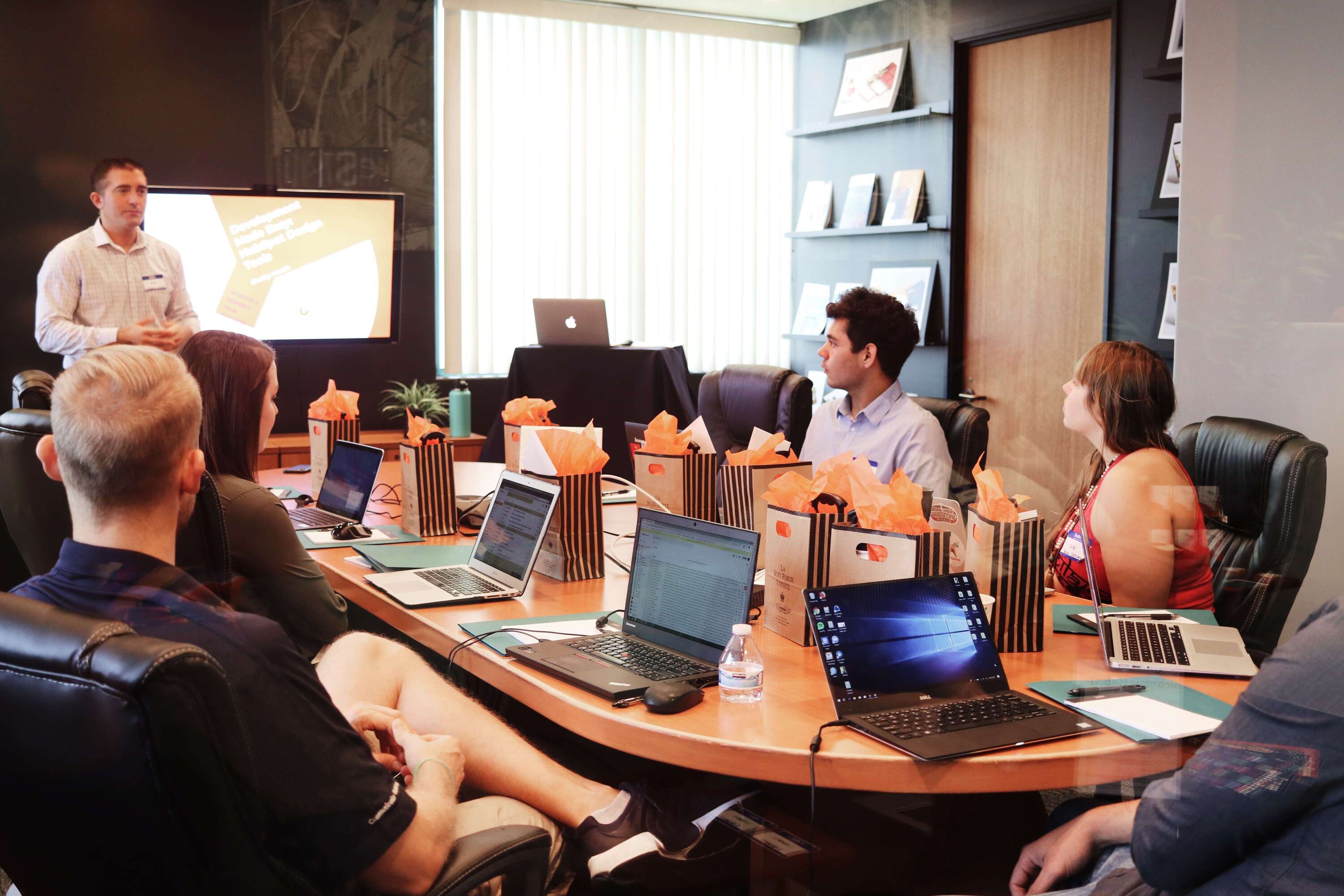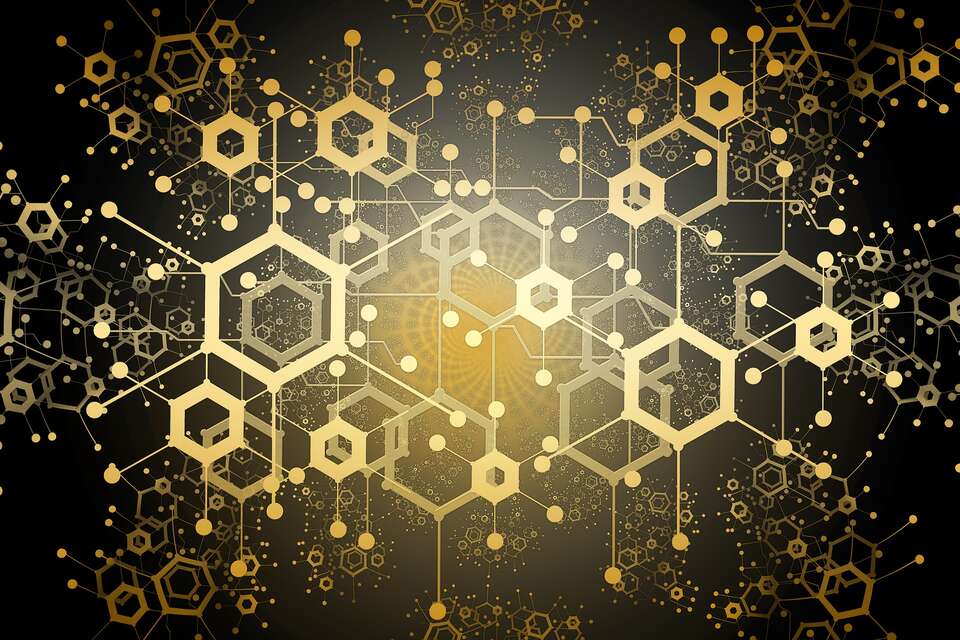DAOS: TECHNOLOGICAL EXPECTATIONS AND LEGAL REALITIES
In an occasional paper dated 12 October 2022, the Bank of Italy focused on the main issues related to decentralised autonomous organisations that arise in terms of both corporate law and legal regulation, providing a critical analysis of the same.
The decision of a DAO not to exist as a legal entity and to operate without any legal cover (unregistered DAOs) is not inherently against the law, as it is based on informal software-based cooperation.
However, it does not offer immunity from liabilities that may arise during the operation of a DAO, exposing the members to legal consequences inherent to the world outside the chain (off-chain environment) such as hiring employees, contracts with service providers, opening bank accounts, fulfillments with tax authorities, and so on.
LET'S START WITH THE BASIS
DAOs are many things. In simple terms, they are a new type of organisational structure built with blockchain technology and often launched despite the name in a centralised manner. They are communities that organise themselves around shared cryptographic wallets and are considered useful tools for dealing with the abusive use of common funds.
They usually consist of a customised token in an online space, such as a chat room on the Discord platform. The community holds internal discussions and then votes on decisions using the Dao's own native token, on platforms such as Snapshot.
The goal of a DAO is to decentralise business activities through digitally automated contractual relationships.
On the one hand, there are those who see the potential for transforming the way businesses are run, with shared power, in a fairer way (no official leader or CEO makes decisions alone) and on the other hand, as mentioned in the paper above, despite the simplicity of decision-making and the strong enthusiasm for decentralised governance, the need for corporate governance cannot be abandoned.
The fact that smart contracts and DAOs are self-sufficient and with an unshakeable trust in the potential of blockchain, have led most crypto supporters to believe that there is no need to create a supporting legal entity.

SOME EXAMPLES
DAOs exist in all shapes and sizes. Some examples are DAOs collecting digital artwork, fundraising for the Ukrainian army or the attempt to purchase a rare copy of the US Constitution. Most of them are projects that engage in venture-type investments, such as MetacartelVentures or TheLAO, others provide the right to access services that it controls. Other DAOs have announced plans to buy the world's largest golf course (LinksDAO) and an NBA team (the Krause House DAO); another, called CityDAO, has bought land in Wyoming, to learn more.
But these sensational stories only offer a partial picture of the thriving DAO phenomenon.

(NON-)LIMITED LIABILITY
Although DAOs somehow imitate the functioning and structure of corporations (such as the governance rights conferred on token holders along the lines of shareholdings), they do not automatically qualify as legal entities subject to a limited liability regime. On a broader level, when two or more individuals engage in an economic or commercial relationship, even a tenuous one, they are considered a 'de facto corporation'. This means that the members of an organisation without a corporate form/entity are fully exposed to unlimited liability to the organisation's creditors.
A recent case, Sarcuni v. bZx DAO, was filed in the United States District Court for the Southern District of California on 2 May 2022, where the plaintiffs claim DAOs are general partnerships between token holders with joint and several liability.
However, the actual exposure to such liability may be limited by well-designed DAOs that are able to deal with every possible scenario and whose members are aware of the risk of losing their initial investment.
A COMPARATIVE ASSESSMENT
Although the EU does not yet have a proper legislative strategy for DAOs, in September 2020, the European Commission presented the Proposal for a Regulation on Cryptographic Asset Markets (MiCA) to establish a legal standard governing the crypto economy.
It is interesting to note that the negotiating position adopted by the European Parliament's Economic and Monetary Affairs Committee on 14 March 2022 amended the original draft with new regulations for DAOs.
On the other side of the Atlantic, neither Congress nor any federal agency has yet approved specific regulation on DAOs.
Instead, several US jurisdictions have tried to fill the regulatory gap with legislative initiatives (Wyoming on 1 July 2021 passed a law granting DAOs the status of limited liability companies).
CONCLUSIONS
A clear path towards limited liability is the key to putting DAOs to good use for society.
Although DAOs share some common characteristics, they differ significantly from one another in terms of purpose and operation, and, as a result, specific legal wrappings may make sense in one situation but not in others.
It is undeniable now that DAOs raise fascinating questions about the interaction between technological automation and business organisation. But when so many resources and talent flow into something new, it is generally a good idea to pay attention.
Nobody likes to be left behind.
